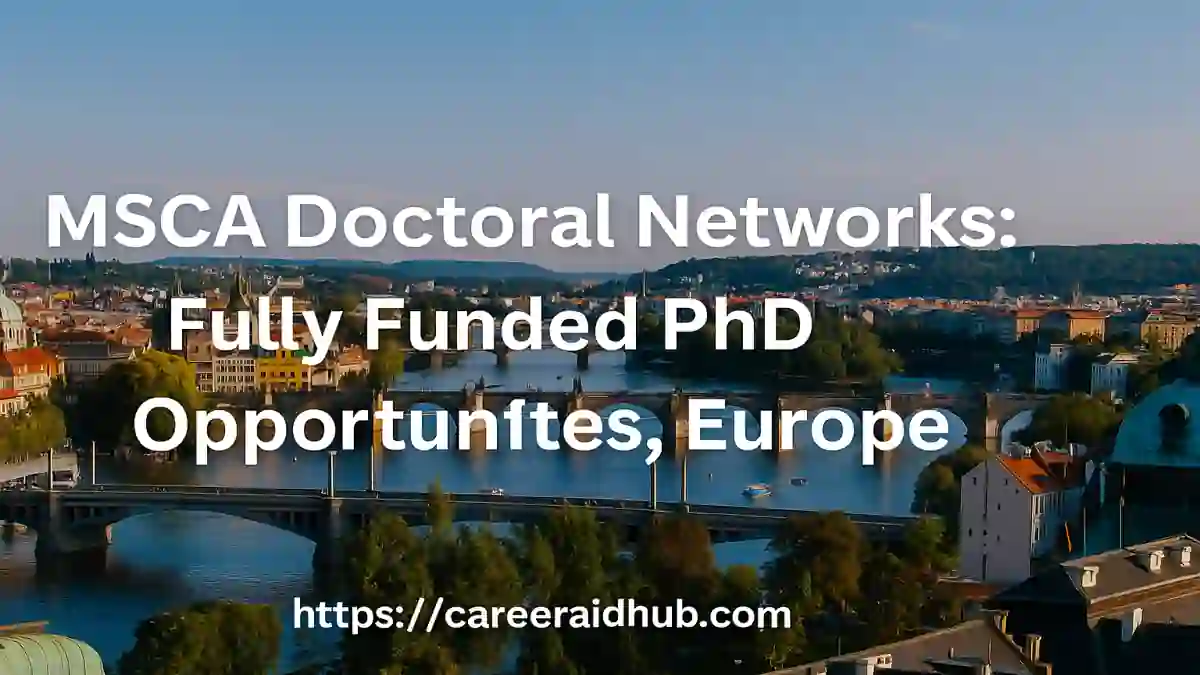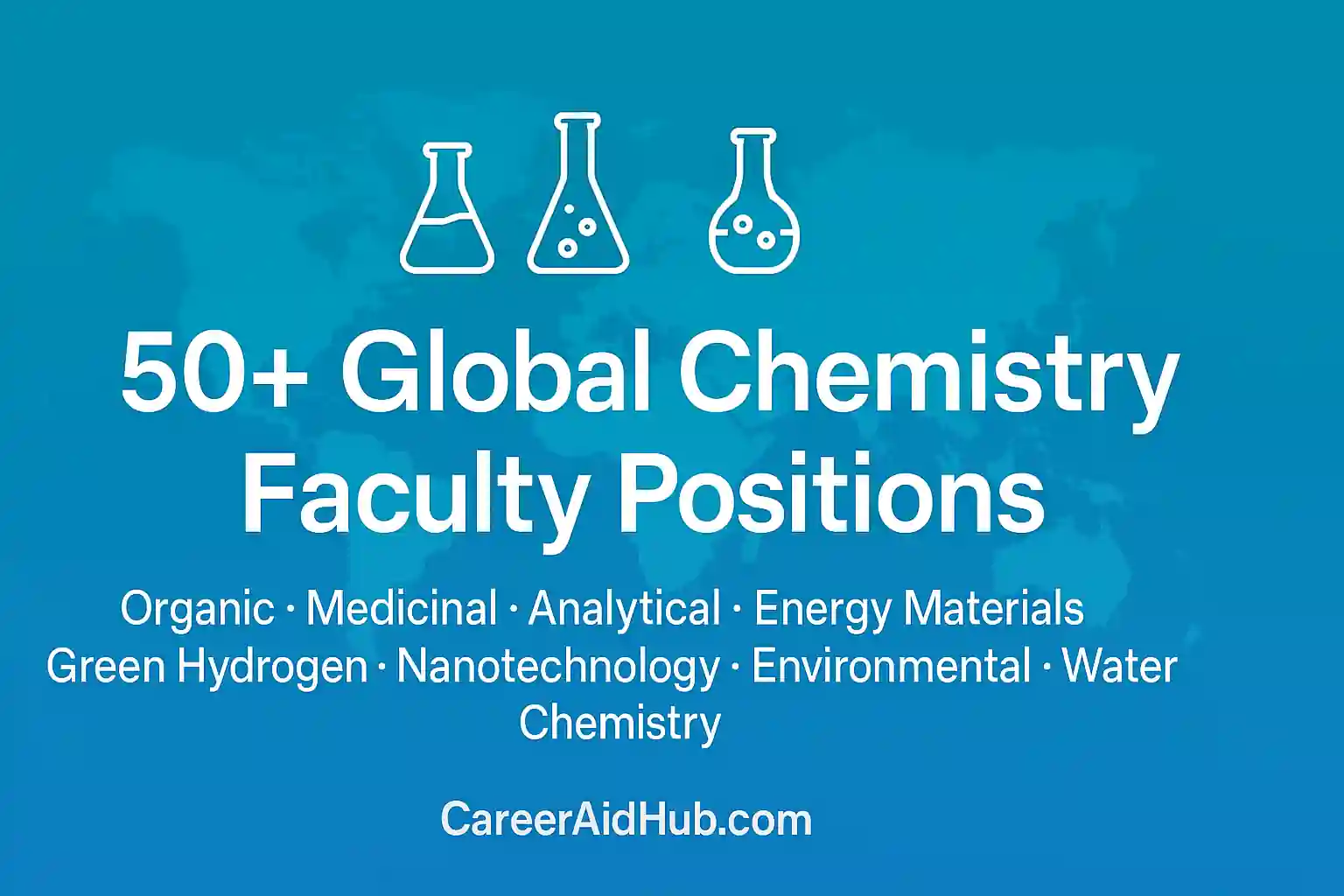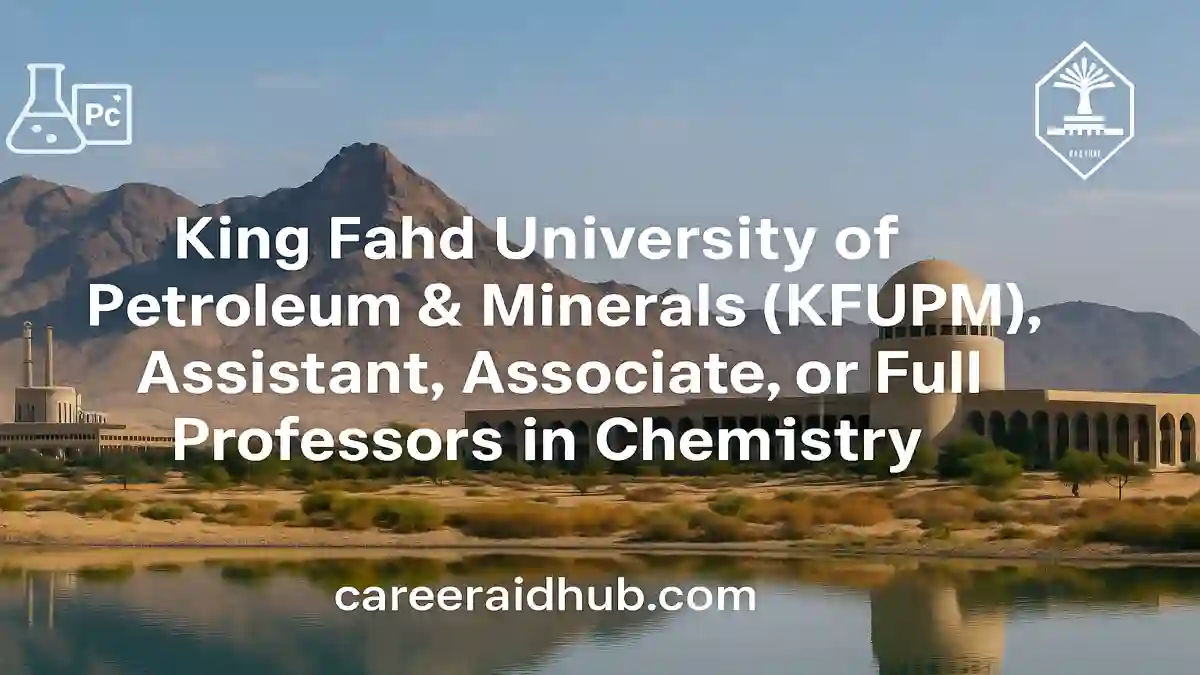Fully Funded PhD Scholarships in Advanced Materials and Nanotechnology at the Fully Funded PhD Scholarships at MacDiarmid Institute, New Zealand.
The MacDiarmid Institute for Advanced Materials and Nanotechnology is a national Centre of Research Excellence (CoRE) in New Zealand. It unites leading researchers from five of the country’s top universities to focus on breakthrough discoveries in advanced materials and nanoscale science.
In 2025, the Institute is offering over 30 fully funded PhD scholarships. These scholarships provide NZD 38,500 per annum as a tax-free stipend, along with complete coverage of tuition fees. Each PhD project is designed to immerse scholars in high-impact, interdisciplinary research, enabling them to build professional careers in academia, industry, and applied sciences.
Some projects may be funded externally or via legacy arrangements, offering slightly reduced stipends between NZD 30,000 and NZD 35,000 per year, still inclusive of tuition costs.
Participating universities include:
The MacDiarmid Institute in New Zealand is offering over 30 fully funded PhD scholarships for 2025. With a generous NZD 38,500 yearly stipend and full tuition coverage, these opportunities are ideal for science and engineering graduates seeking impactful research careers in advanced materials, nanotechnology, and sustainable energy.
Key Research Areas & Eligibility Criteria
Eligibility Requirements
Candidates applying for these PhD opportunities should typically possess an Honours or Master’s degree in a relevant field such as:
Strong academic records, research experience, and motivation for high-level inquiry are essential. The MacDiarmid Institute actively encourages applications from underrepresented communities, with a particular emphasis on supporting Māori and Pasifika students.
Research Themes
PhD projects span a broad set of scientific domains. These include:
Reconfigurable Systems
Focused on dynamic and self-organizing soft materials, this research theme addresses applications in biomedicine, environmental sensing, and adaptable manufacturing. Materials in this group respond to environmental stimuli, creating new opportunities for flexible and responsive systems.
Low-Energy Technologies and Future Computing
This area investigates energy-efficient devices and quantum-enabled systems. Research topics may involve neuromorphic computing, thin-film semiconductors, and superconducting materials that promise transformative advances in computing power and sustainability.
Catalytic Architectures
Projects in this theme support the
transition to a low-carbon economy. Students will explore novel electrocatalysts and reaction mechanisms for CO₂ conversion, green ammonia production, and hydrogen evolution, all central to achieving global sustainability goals.
Pūtaiao Māori Research
This stream blends scientific innovation with mātauranga Māori (Māori knowledge systems). Research is centered on culturally grounded questions and ethical frameworks, supporting Indigenous perspectives within advanced material science.
Application Deadlines & Program Duration
While the MacDiarmid Institute accepts rolling applications. Some projects may remain open until December 2025, depending on supervisor availability and project capacity.
-
-
Program Start Date: January to March 2026 (depending on university policies)
-
Program Duration: Typically 3 years, with annual renewal contingent on performance and funding availability
Given visa processing timelines and project planning, early applications—particularly from international candidates—are strongly encouraged.
Application Process: Step-by-Step
Step 1: Identify a Suitable Project
Begin by visiting the MacDiarmid Institute PhD Scholarships page or the Nature Careers portal. Browse current projects and shortlist those aligned with your academic background and research interests.
Step 2: Reach Out to the Supervisor
Once you have identified a suitable project, email the lead supervisor with a clear subject line such as:
“PhD Project: [Project Title] – Expression of Interest”
justify;">In your message, introduce yourself, explain your academic credentials, attach your curriculum vitae and academic transcript, and briefly express your motivation to join the project.
Depending on the project and host university, you will either submit your documents via email or through the institution’s official application portal. Be sure to comply with all application requirements and adhere to deadlines specified by each supervisor.
The Institute provides students with access to state-of-the-art research infrastructure, including cleanrooms, advanced microscopy suites, fabrication labs, and national supercomputing resources. The cross-university setup facilitates a unique multi-disciplinary ecosystem that fosters innovation and inter-institutional mentoring.
along with full tuition fee waivers. This generous package allows students to commit fully to their research, without the added pressure of financial insecurity.
MacDiarmid doctoral students benefit from a structured program of academic and professional development activities. These include workshops in:
International candidates are welcome and well-supported throughout the relocation and visa application process. A dedicated support team assists with logistics, documentation, and transitioning into New Zealand’s academic environment.
The Institute prioritizes inclusive practices and supports a diverse student body. Women in STEM, Māori, Pasifika, and students from historically underrepresented groups are strongly encouraged to apply.
The PhD Scholarships offered by the MacDiarmid Institute provide more than funding—they open doors to a collaborative, dynamic, and globally respected scientific community. Whether your interest lies in green energy technologies, quantum computing, or indigenous science, this program offers the tools and environment to make meaningful contributions.
By aligning top-tier resources with strong mentorship and inclusive policies, the MacDiarmid Institute empowers the next generation of material scientists and engineers. This is not just an academic pursuit; it is a pathway to global impact.
What is the stipend for MacDiarmid Institute PhD scholarships? The MacDiarmid Institute offers a tax-free stipend of NZD 38,500 per year along with full tuition fee coverage for selected PhD scholars.
Who can apply for the MacDiarmid PhD scholarship in New Zealand? Graduates with an Honours or Master’s degree in physics, chemistry, engineering, or materials science are eligible to apply for the MacDiarmid PhD scholarships.
Is the MacDiarmid Institute PhD scholarship open to international students? Yes, the MacDiarmid Institute welcomes applications from international students and offers relocation and visa support throughout the admission process.
How long is the MacDiarmid Institute PhD program? The standard PhD duration is three years, but it can be extended based on project needs and annual academic performance reviews.
What is the deadline to apply for MacDiarmid Institute PhD projects? Most MacDiarmid PhD project applications close by August 25, although some remain open until December depending on supervisor timelines.
What universities are part of the MacDiarmid PhD program? PhD candidates can study at one of five partner universities: Auckland, Canterbury, Otago, Massey, or Victoria University of Wellington.
What research areas are covered under the MacDiarmid PhD program? Projects span advanced materials, catalysis, quantum devices, green energy, soft matter, and indigenous knowledge integration in science.
Do I need to contact a supervisor before applying to a MacDiarmid PhD? Yes, you must contact the project supervisor directly to express your interest and submit your academic documents for consideration.
Does the MacDiarmid Institute support Māori and Pasifika applicants? Absolutely. The Institute strongly encourages applications from Māori and Pasifika students, offering dedicated research streams and mentoring.
What documents are required for the MacDiarmid PhD application? Applicants must provide a CV, academic transcripts, a statement of purpose, and the contact details of two academic referees.










